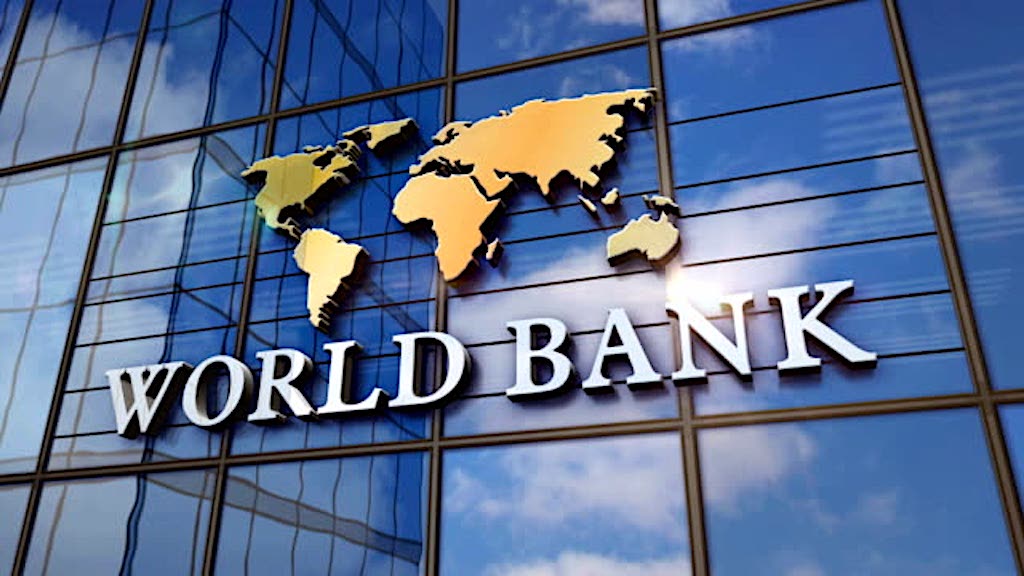World Bank loan lifts Central bank forex reserves to safety

The Kenya shilling received a major boost after receiving $1billion (Sh139.3 billion) World Bank loan to lift the central bank forex reserves.
This has seen Kenya’s foreign exchange reserves increasing over the necessary level of four months of import cover for the first time in nearly six months.
According to the most recent data from Central Bank of Kenya (CBK), the reserves have reached Sh1.049 trillion ($7.532 billion), representing 4.15 months’ worth of import coverage.
The previous week, the forex cushion was Sh857 billion ($6.152 billion), or 3.62 months’ worth of import coverage.
External debt
“This meets the CBK’s statutory requirement to endeavour to maintain at least 4 months of import cover,” CBK said in its latest weekly bulletin.
For the first time since 2015, the cover had dropped below the four-month mark in late November last year as a result of growing external debt servicing obligations when the nation was unable to acquire external financing.
The local currency was quoted at Sh139.11 for every one dollar on Friday compared to Sh138.49 per dollar on May 31, indicating high demand for dollars and low supply.
“The Kenya shilling remained relatively stable against major international and regional currencies during the week ending June 8,” said CBK.
Kenya has in the last several months been caught in a dollar shortage that sent importers hoarding dollars and frantically calling banks for dollars. This scramble sent the dollar soaring to a high of Sh150 in the market.
This saw the cost of living going up as the prices of food prices hit the ceiling. Kenya imports a major portion of her food requirements making the country very vulnerable to exchange rates.
The prices of fuel, cooking oil, wheat, maize, livestock feeds, machinery and many others have shot up hitting consumers hard.
According to the latest purchasing Managers Index by Stanbic Bank, manufacturers have been stockpiling their inventories due to the volatile currency.











